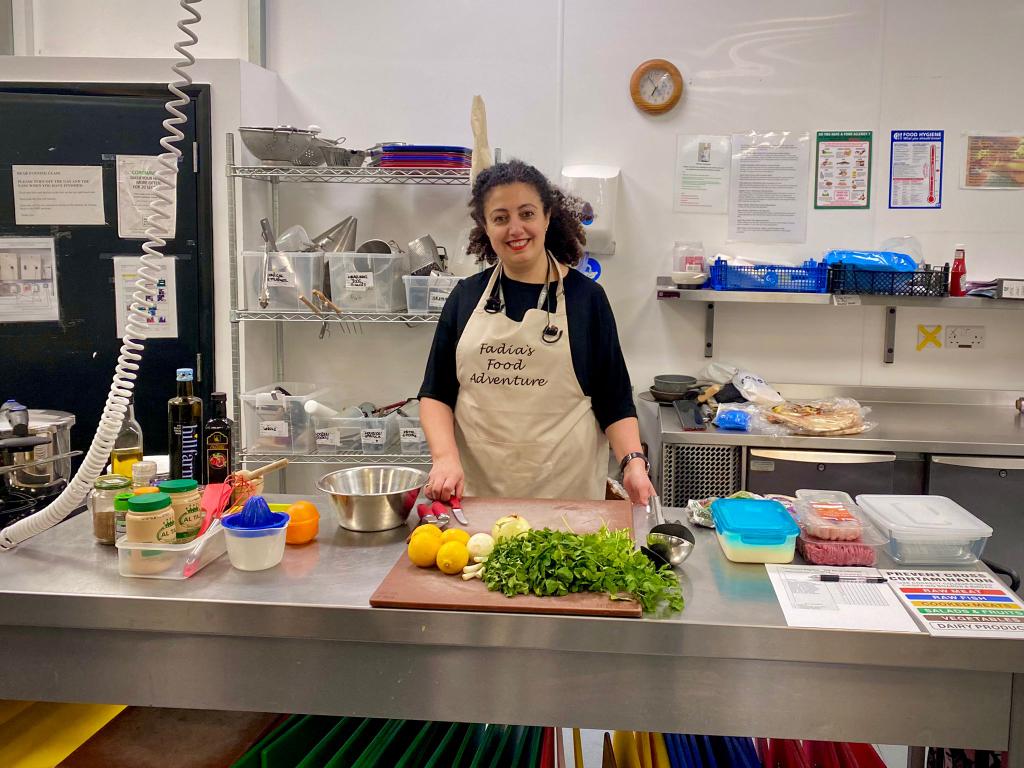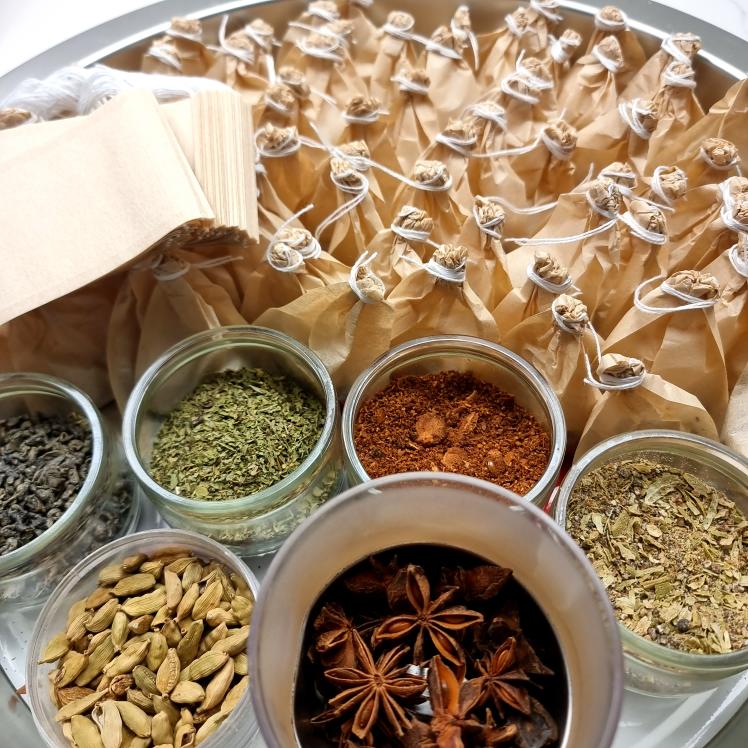‘My name is Fadia, and I’m a cook who originates from Lebanon. I cater events, post on social media, tutor both private and college lessons, and run cooking workshops, including ones that have been in collaboration with Eco Stars in the past that are designed to promote the prevention of food waste and better sustainability in the kitchen.

I have always loved activities that bring people together like socialising, sewing,gardening, and cooking. Cooking holds a special place in my heart. The aroma of freshly prepared food is more than a flavourful delight, it’s a way to foster conversations, share laughs and to bring us back to our roots. I believe food brings people closer and creates relationships that last longer. My purpose is to showcase my cultural cuisines and inspire people to share food and discover their own ability to cook in their homes by sharing some of the skills they might need. Lebanese cuisine is the reflection of our rich history and geography. Lebanon’s culinary traditions have been passed through the hands of many generations, with many of my own recipes having been learnt from my own mother, while others are the result of exploration.

This unique heritage and many generations of Lebanese chefs has led to a cuisine that is celebrated worldwide for the depth of flavours and a unique style that draws out the flavour from even the most basic ingredients. Every dish tells a story of creativity, whether it is from the minds of my ancestors having passed down to my mother, or whether that be from experimenting with my own recipes.
Another thing I am very passionate about is sustainability in the kitchen, reducing food waste. For example, orange peels, which commonly get discarded, contain antioxidants that help improve one’s immune system. Instead of letting them release methane gas in landfills, we can repurpose them creatively. Kitchen scraps such as potato peels, carrot tops, and onion skins can be transformed into broths, snacks, seasoning powders, or teas, therefore turning would-be waste into valuable resources. Then, there is bread, over 800,000 tonnes are wasted in the UK every year alone. Community pantries often redistribute bread that hasn’t been sold before its “use-by” date, yet much of this is still good. “Use-by” and “sell-by” dates often indicate peak quality rather than safety, meaning we frequently discard perfectly good food. Meanwhile, bread can be protected from waste by freezing it or turning it into breadcrumbs, croutons, or puddings.
Would you consume bread after its “use-by” date? What do you do with old bread? These are relevant questions for those trying to live sustainably. By embracing resourcefulness in the kitchen, we stop wasting and start taking care of the planet. With plenty of practical tips on creative, eco-friendly cooking, I run workshops and meetings to share that together we can give a new approach to our kitchen: to be resourceful by using spices, dried fruits, and leftovers to create different types of dishes.

For me, food is more than nutrition, it’s a way of connecting to community, culture, and sustainability. By adopting this frame of thinking, we can create a more connected and greener world, one meal at a time.’
We want to thank Fadia so much for sharing her inspiring story with us. If you would like to find out more about her courses and upcoming sustainable cooking workshops check out her website.
